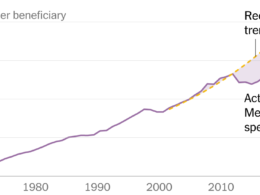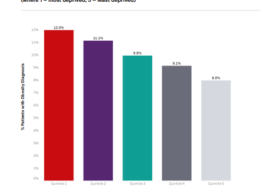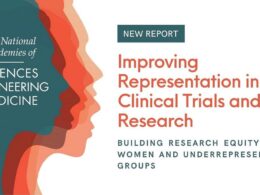health transformation
knowledge portal
Joaquim Cardoso MSc
Founder and Chief Research and Strategy Officer (CRSO) Editor in Chief
April 5, 2024
What is the message?
Researchers at Cedars-Sinai have conducted a study revealing that patients taking certain weight management drugs, like Ozempic and Wegovy, should suspend their intake before undergoing endoscopy procedures to mitigate the risk of aspiration pneumonia.

This summary is based on the article “Why drugs like Ozempic, Wegovy may lead to keyhole surgery complications” published by Medical News Today and written by Paul Ian Cross on April 4, 2024.
What are the key points?
Study Findings: The study, involving data from nearly 1 million patients, indicates a heightened risk of aspiration pneumonia associated with weight management drugs due to their impact on digestion and food retention in the stomach.
Aspiration Pneumonia: Aspiration pneumonia occurs when foreign substances, like food or secretions, are inhaled into the lungs during an endoscopy procedure, potentially leading to infections that require treatment.
Digestive Impact: Weight-loss drugs, such as Ozempic and Wegovy, slow down digestion, prolonging the sensation of fullness and retaining food in the stomach for an extended period, which can increase the risk of aspiration during sedation for endoscopic procedures.
Risk Reduction: While the overall risk of aspiration remains low, temporarily suspending weight-loss medications before endoscopy procedures could reduce the risk by 33%, emphasizing the importance of medication schedules in reducing aspiration incidents.
What are the key statistics?
The overall risk of aspiration is low at 0.8% but can be reduced to 0.6% (33% less) by suspending medication before the procedure.
Approximately 20 million endoscopies are performed annually in the U.S., potentially impacting a significant proportion of the population taking weight management drugs.
What are the key examples?
Dr. Ali Rezaie highlights the association between weight-loss medications and a higher rate of excessive food retention in the stomach, leading to an increased risk of aspiration.
Dr. Jared L. Ross emphasizes the potential risks associated with combining weight-loss drugs with endoscopic procedures, particularly in older patients.
Conclusion
While weight management drugs like Ozempic offer significant health benefits, their potential side effects, such as an increased risk of aspiration pneumonia during endoscopic procedures, warrant careful consideration.
Temporarily suspending medication intake before these procedures could save lives and hospitalizations, underscoring the importance of managing medication schedules to maximize positive effects while minimizing risks.
To read the original publication, click here.











